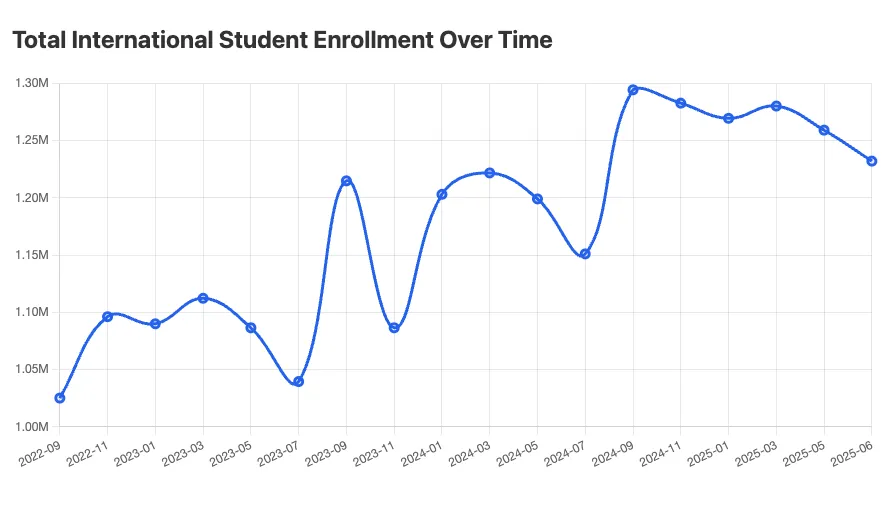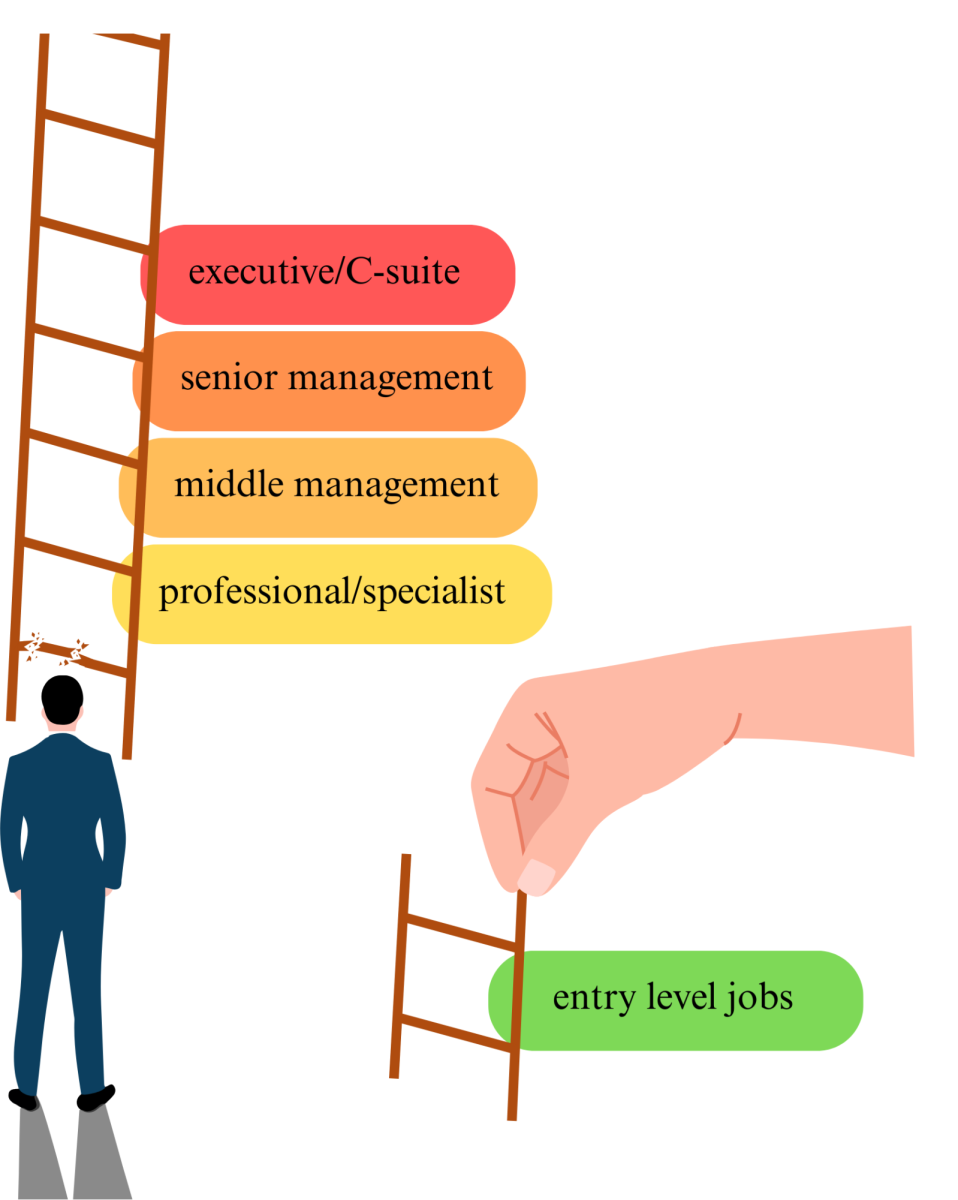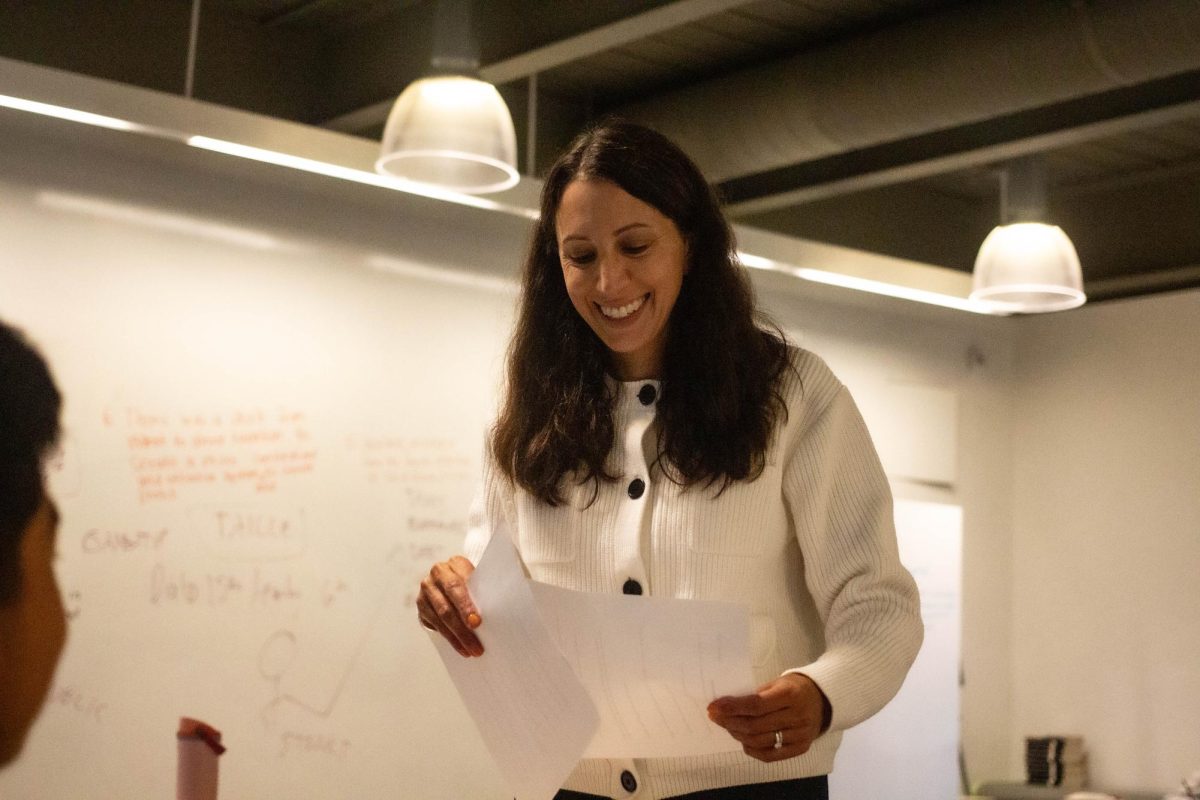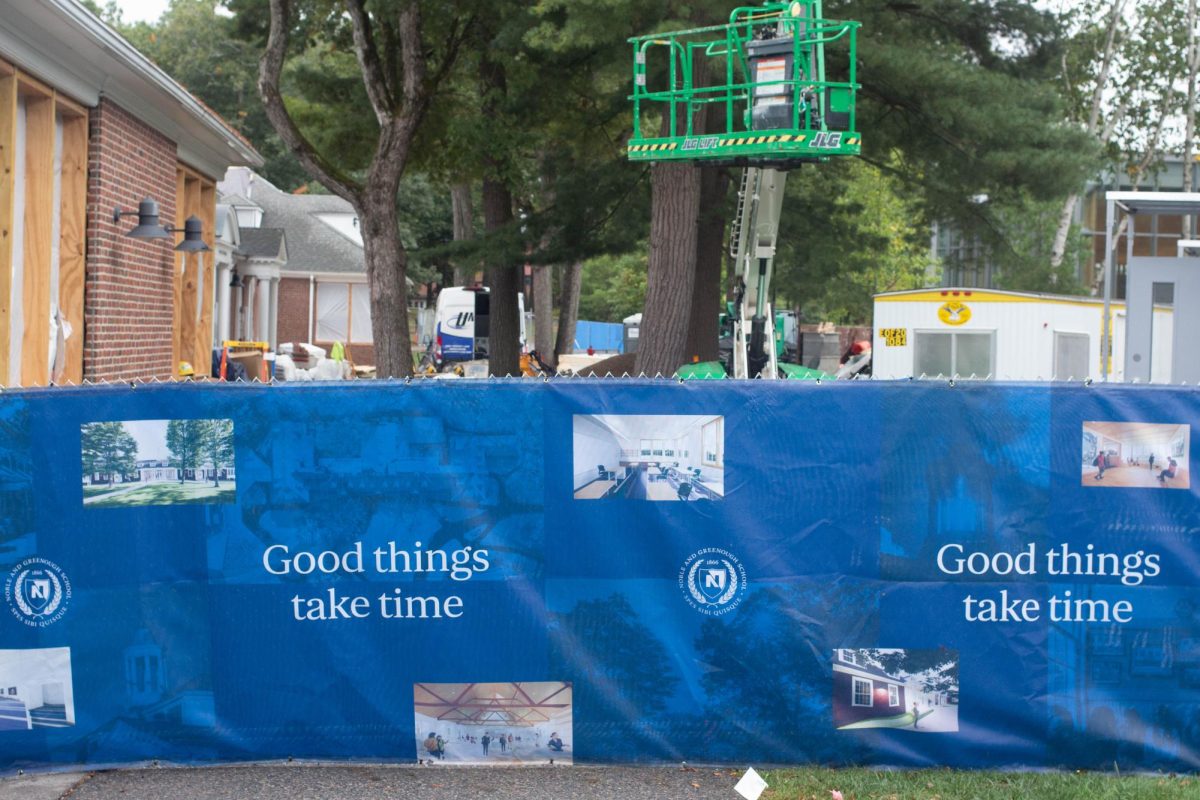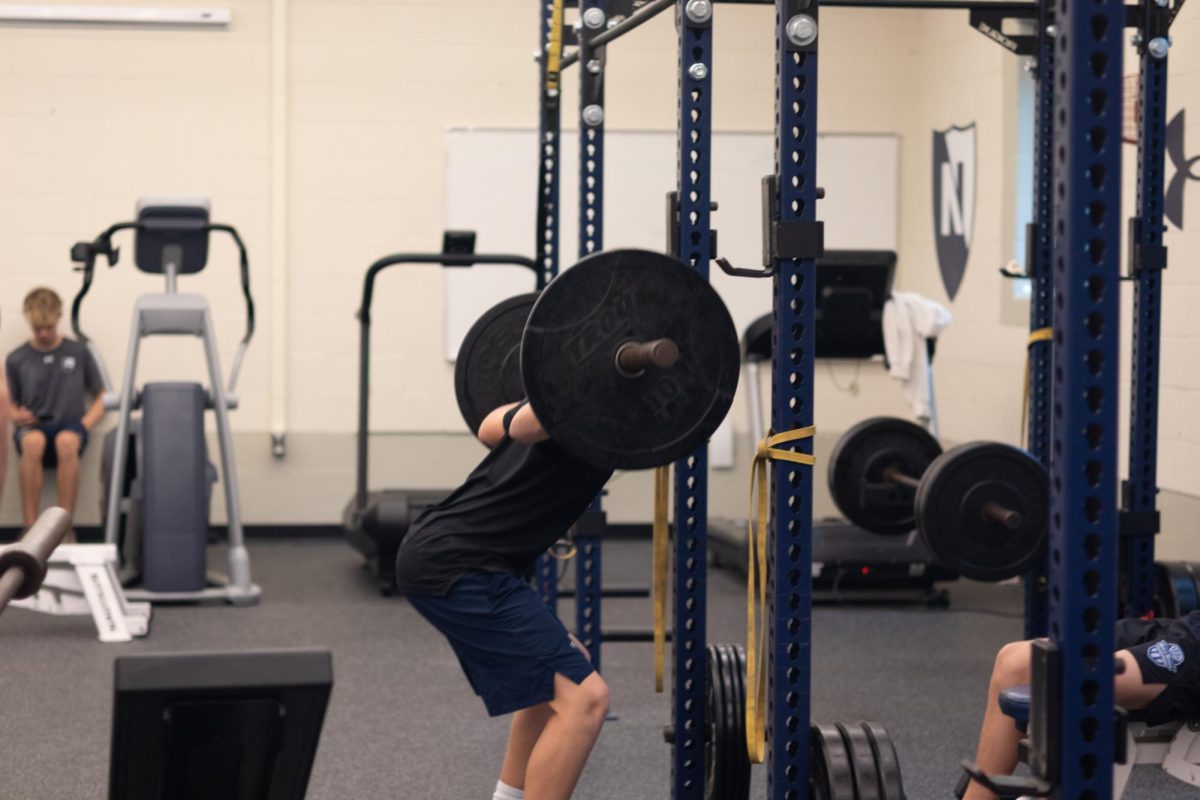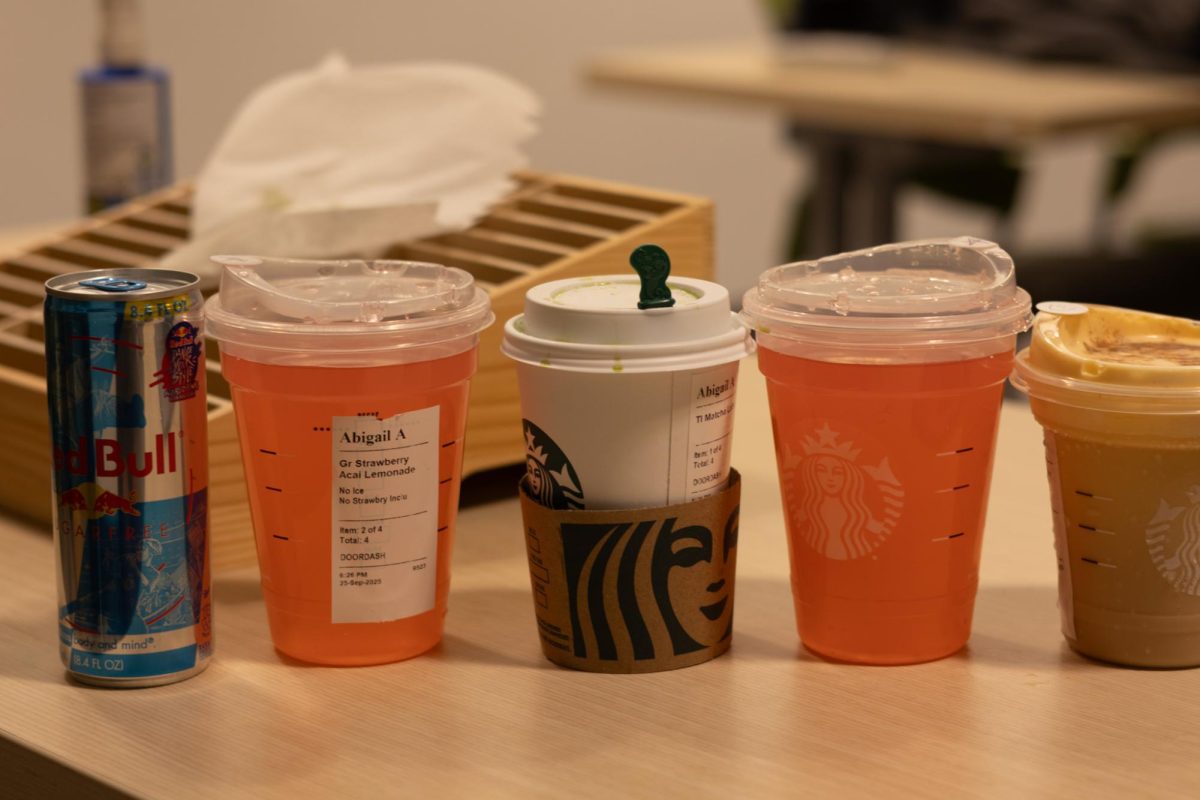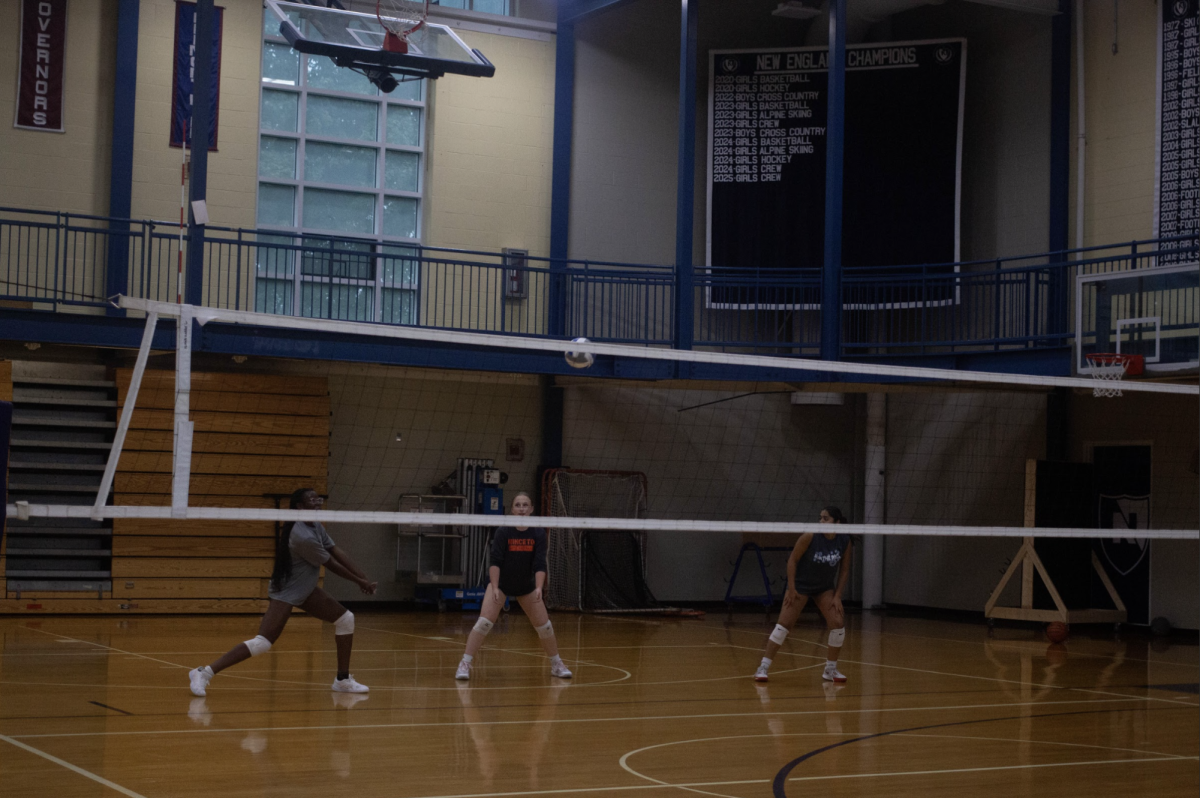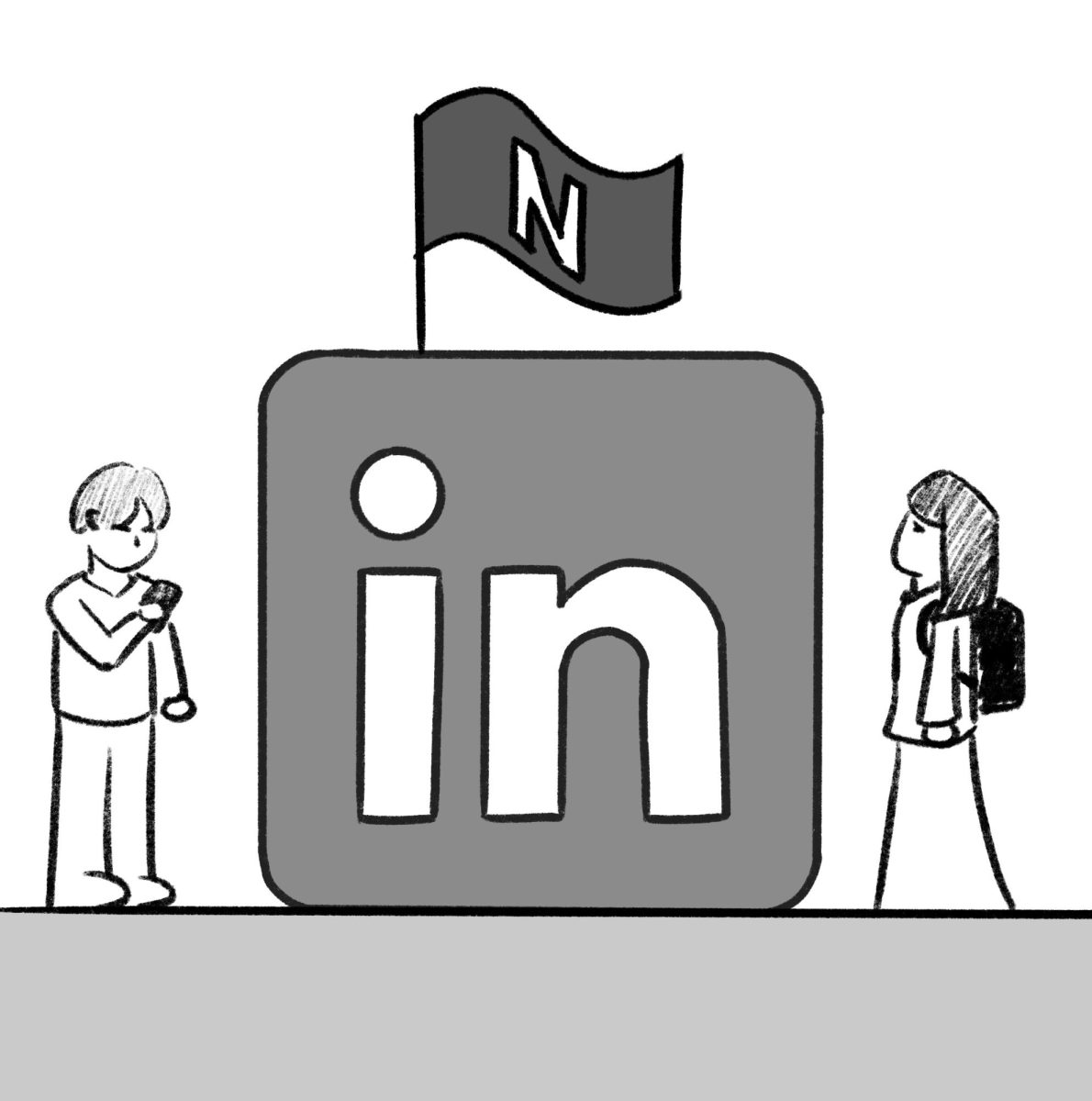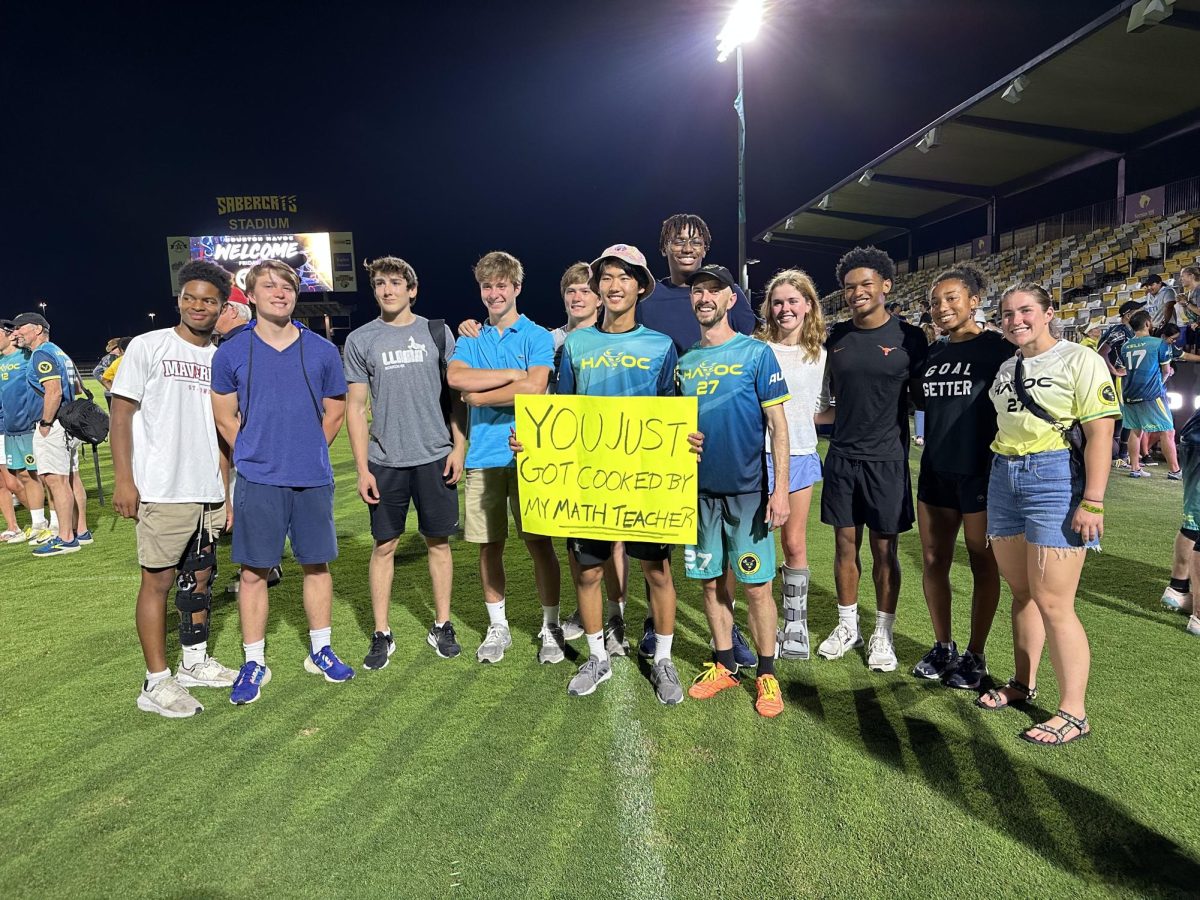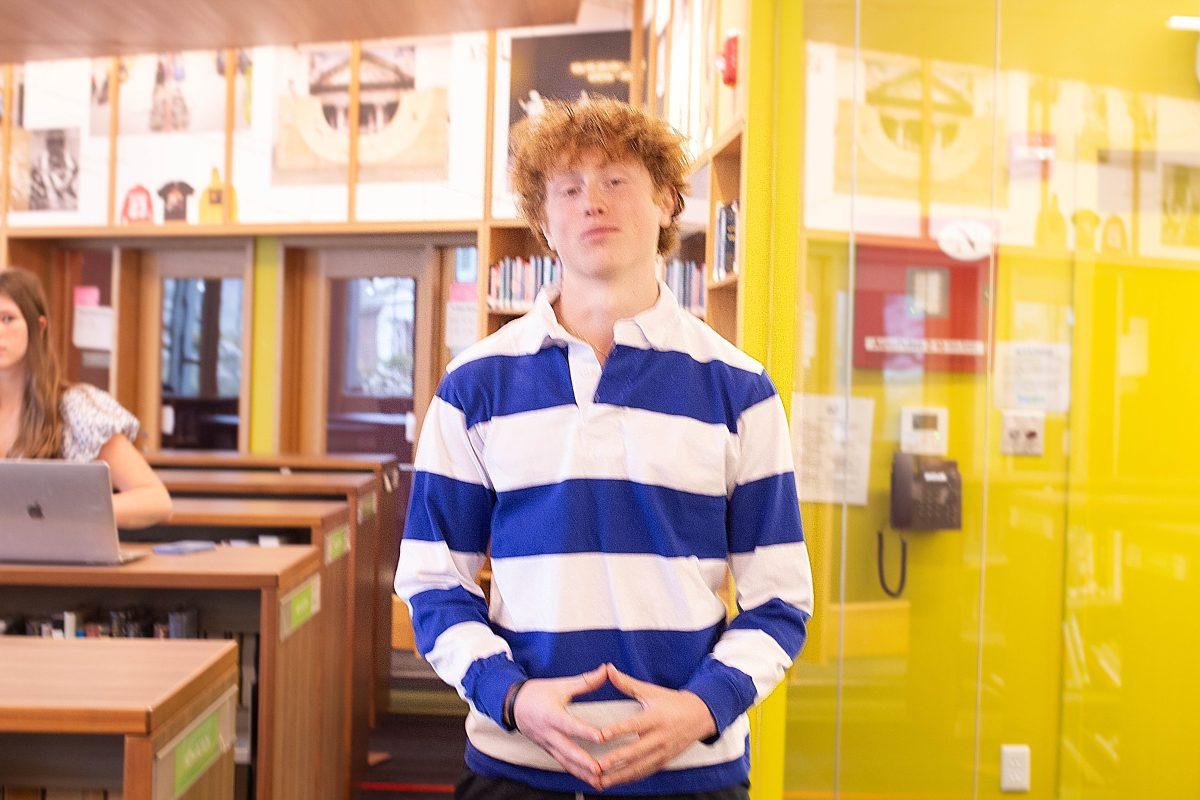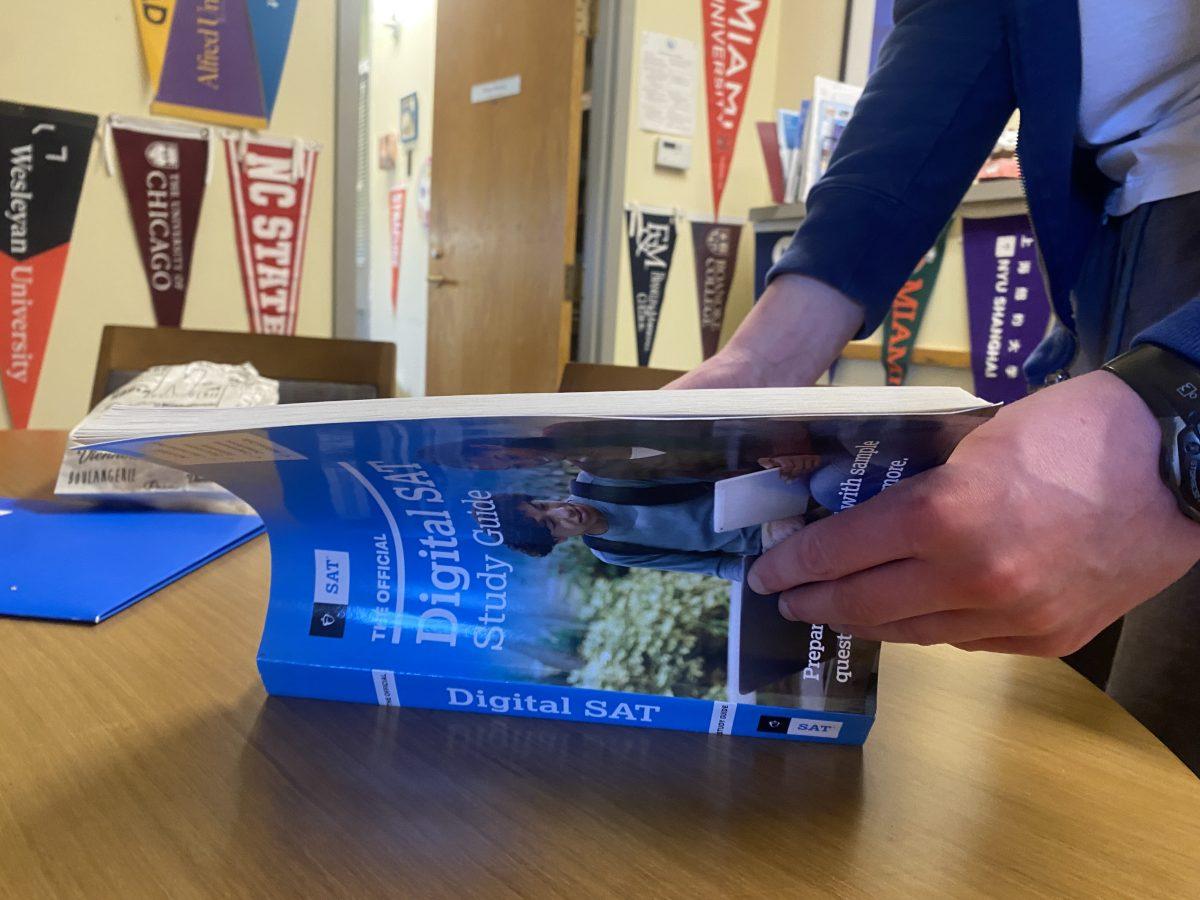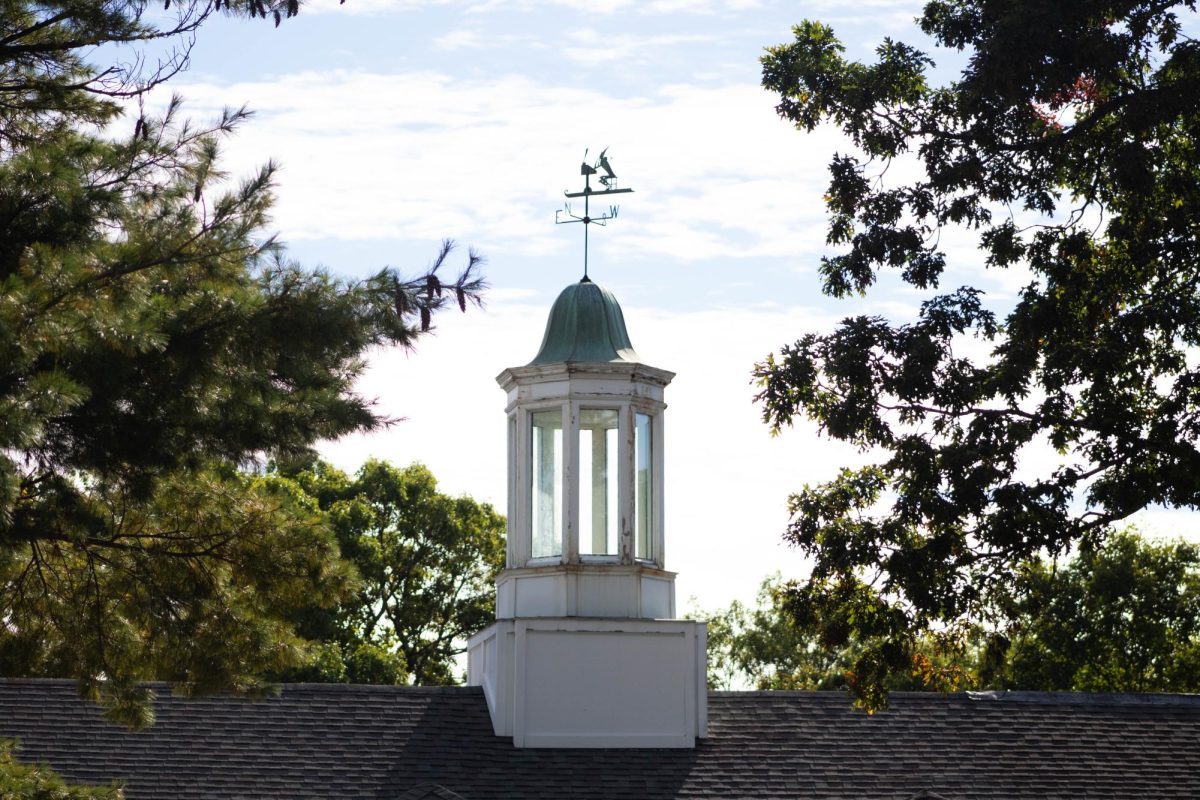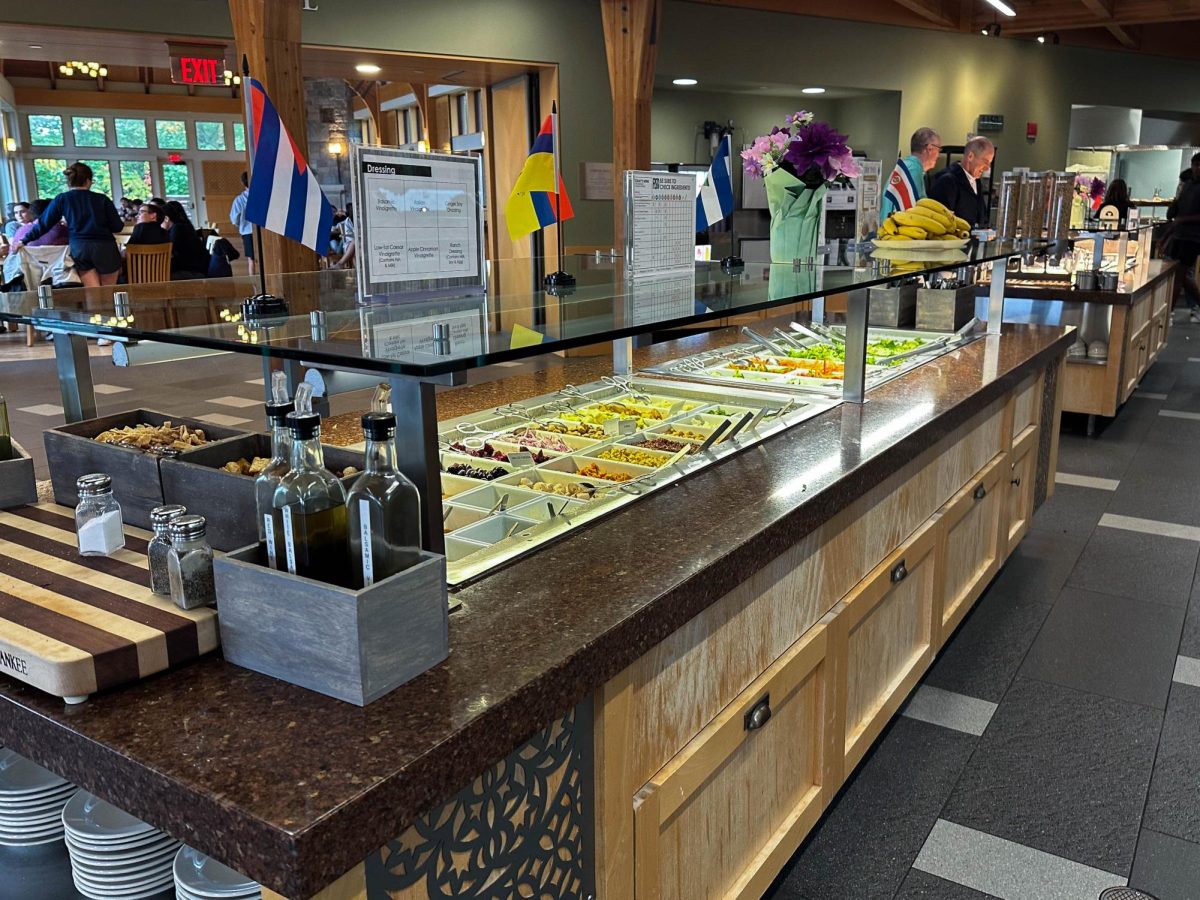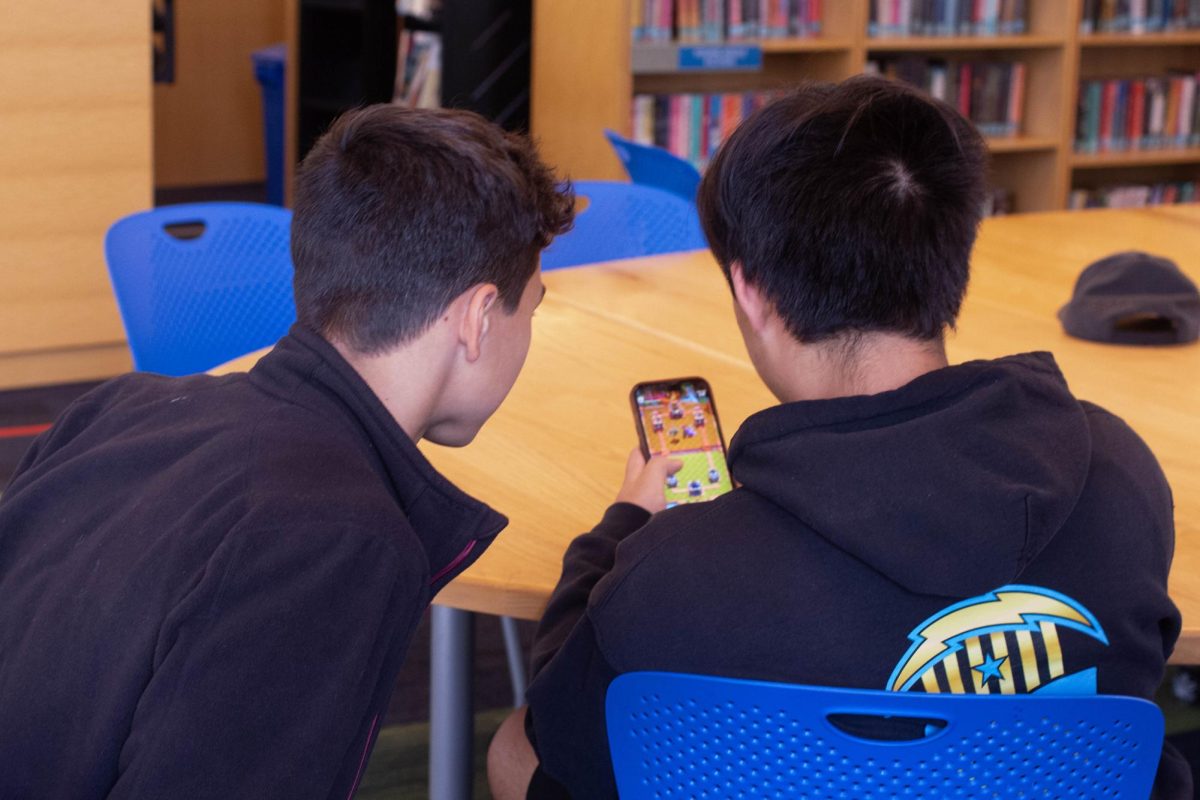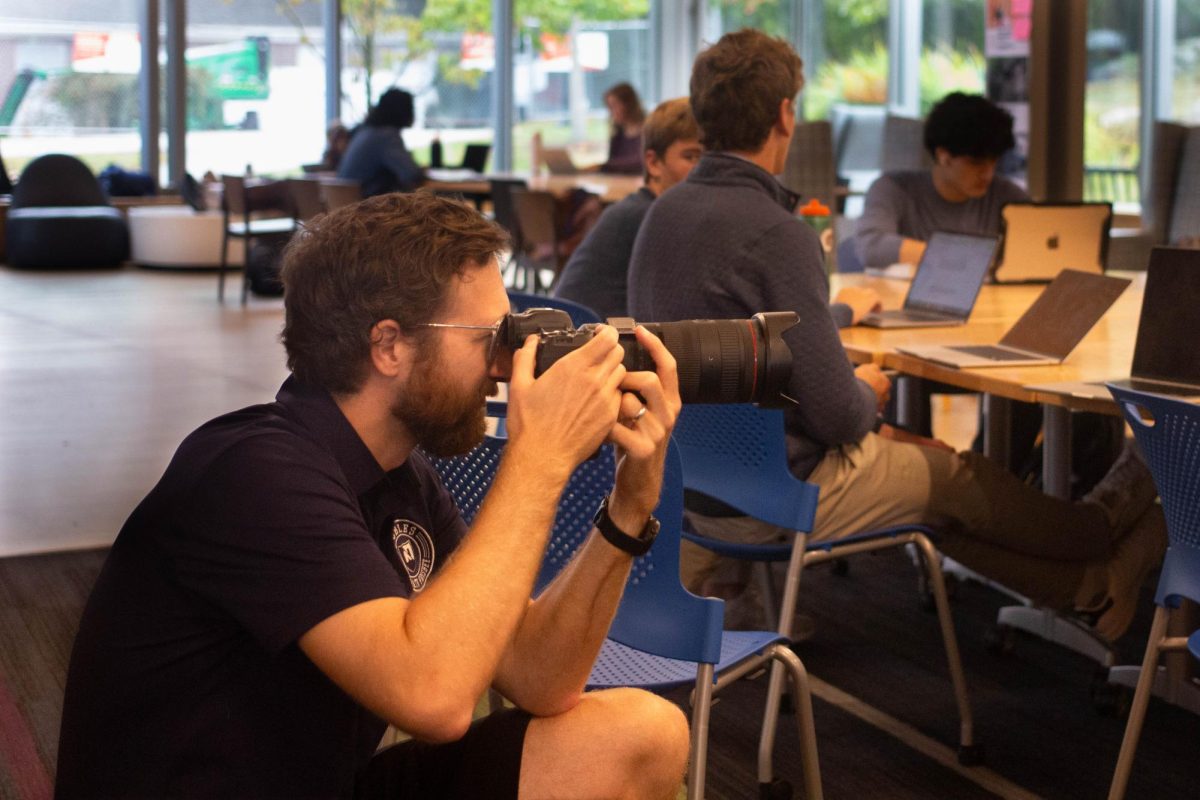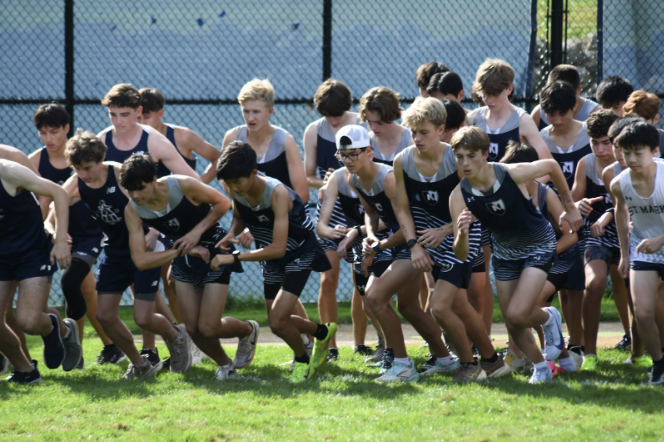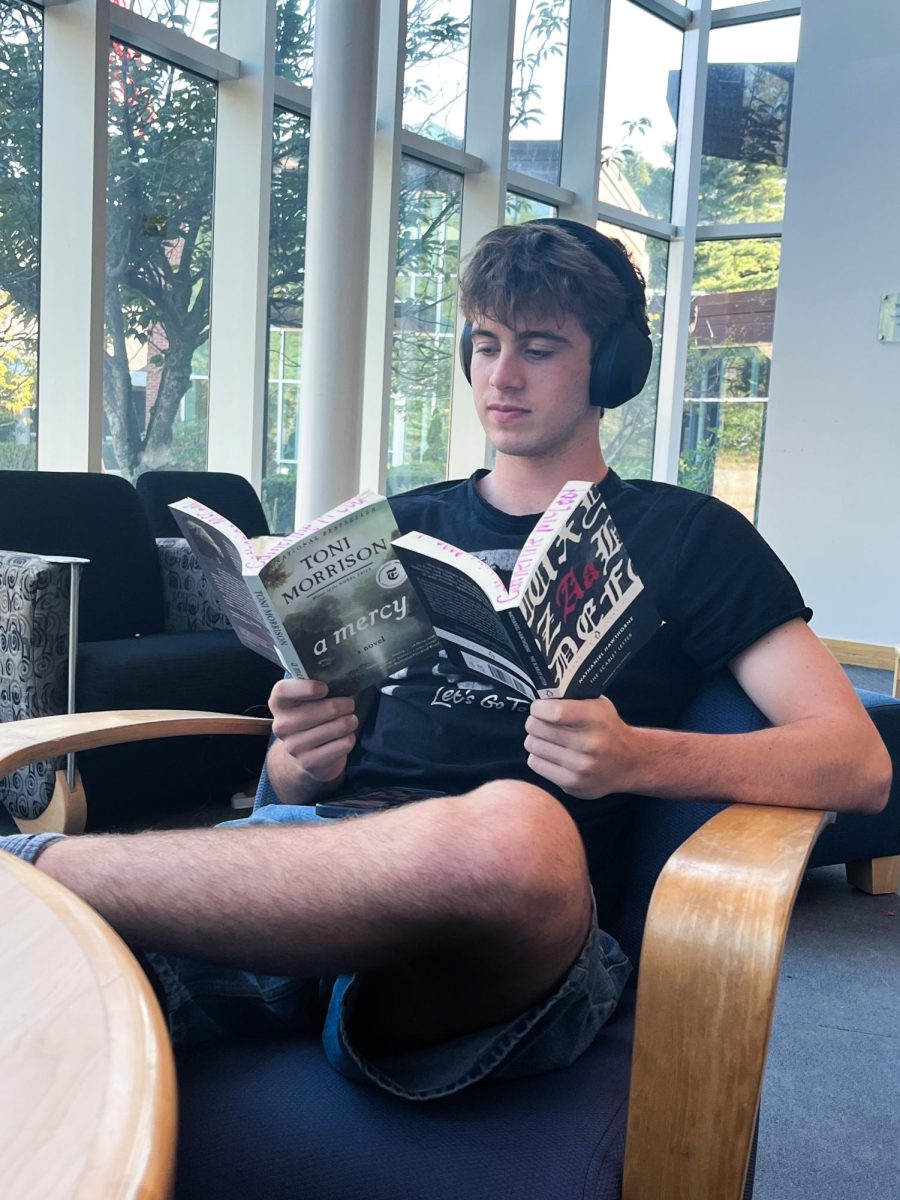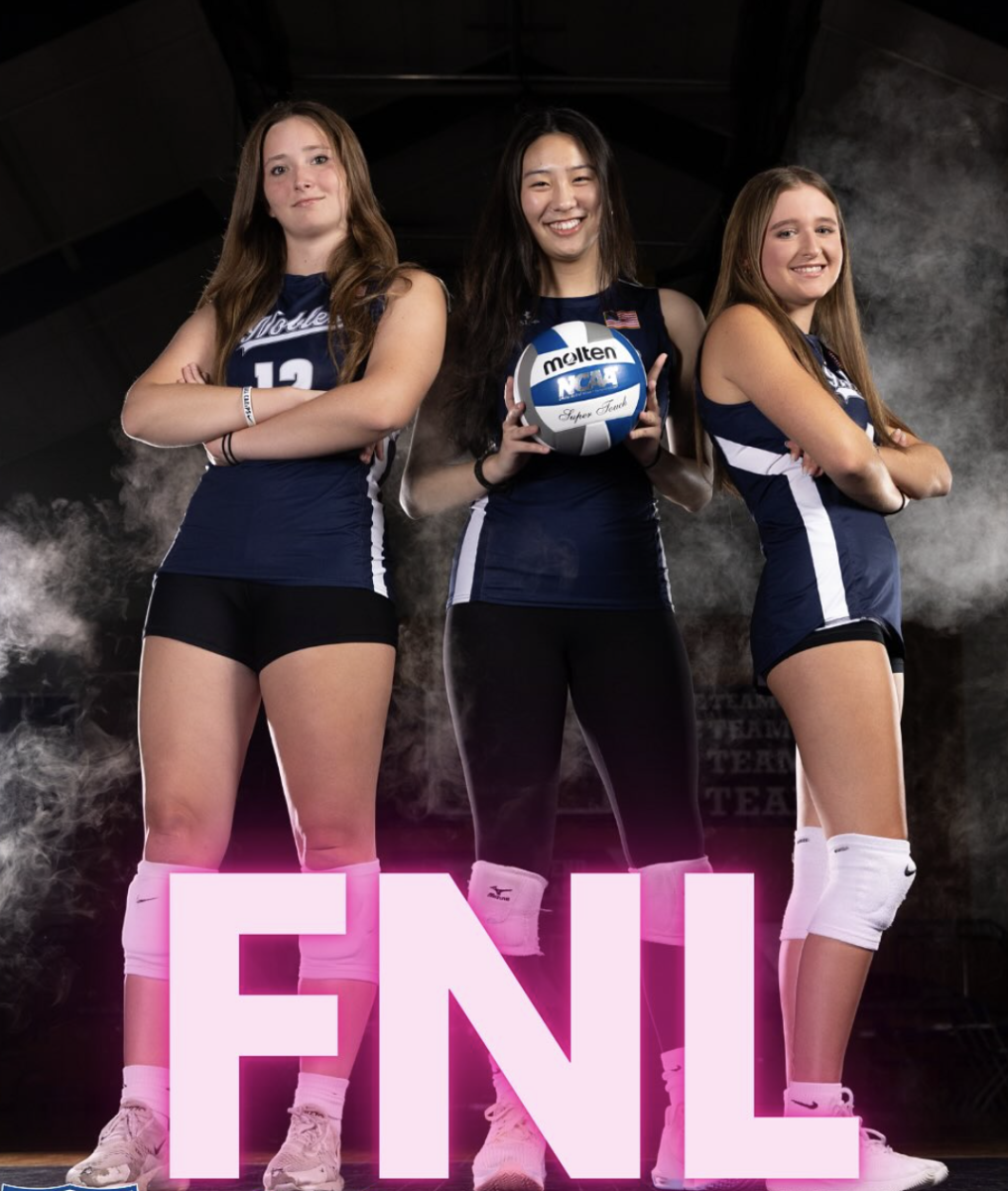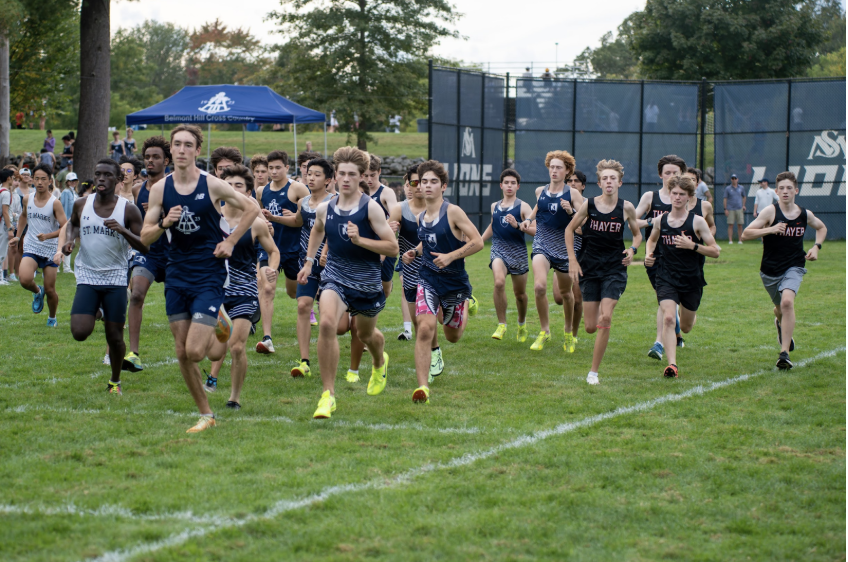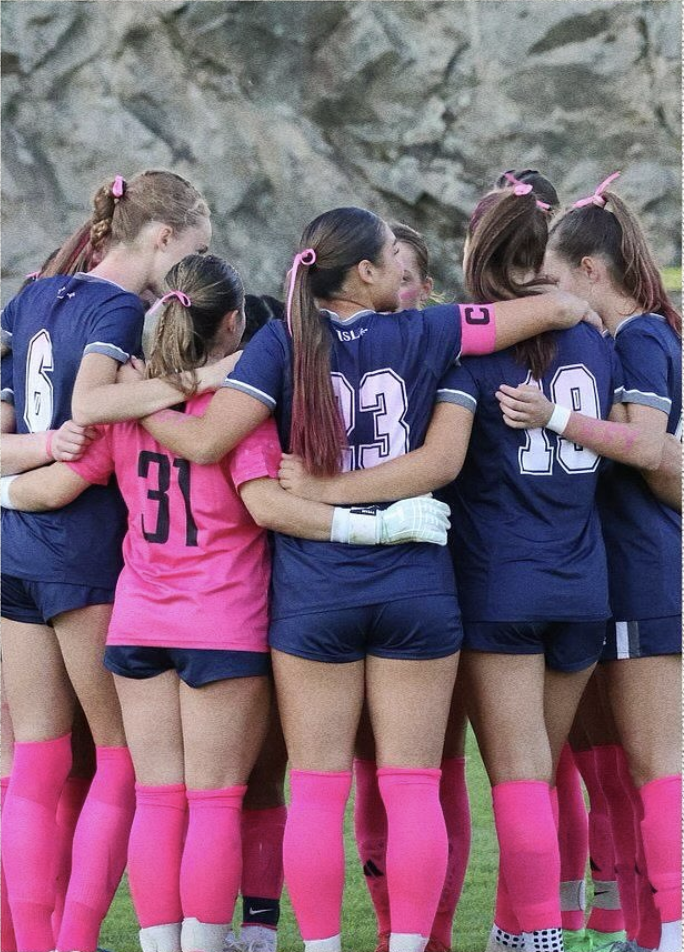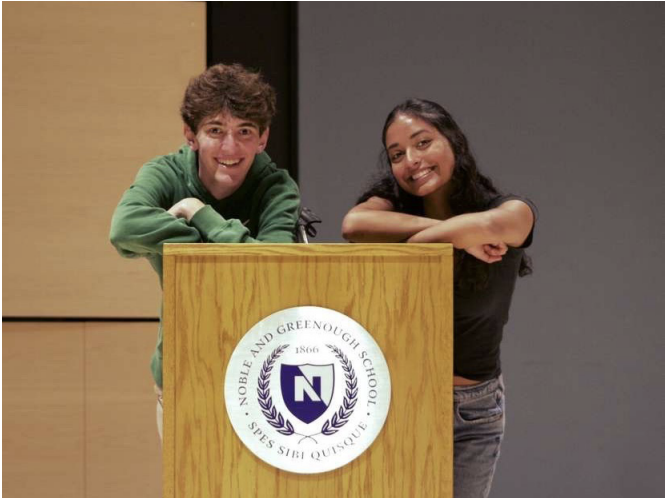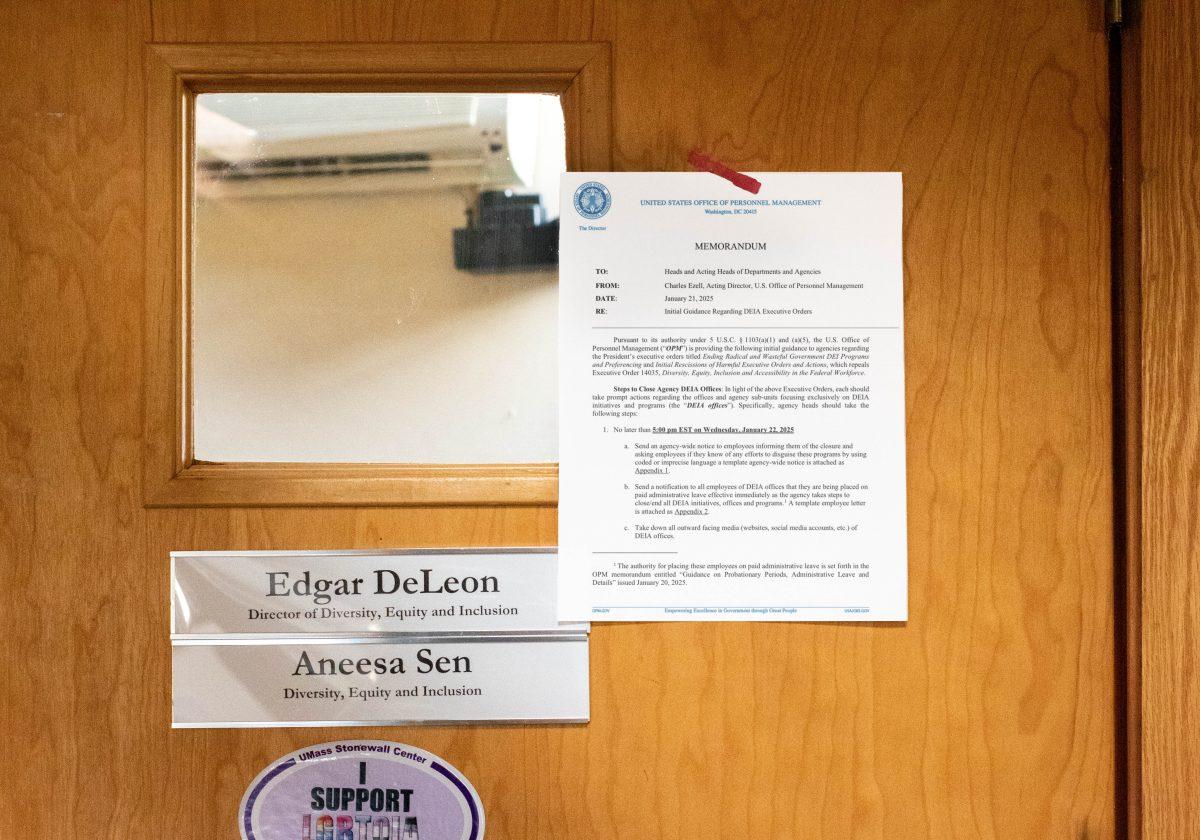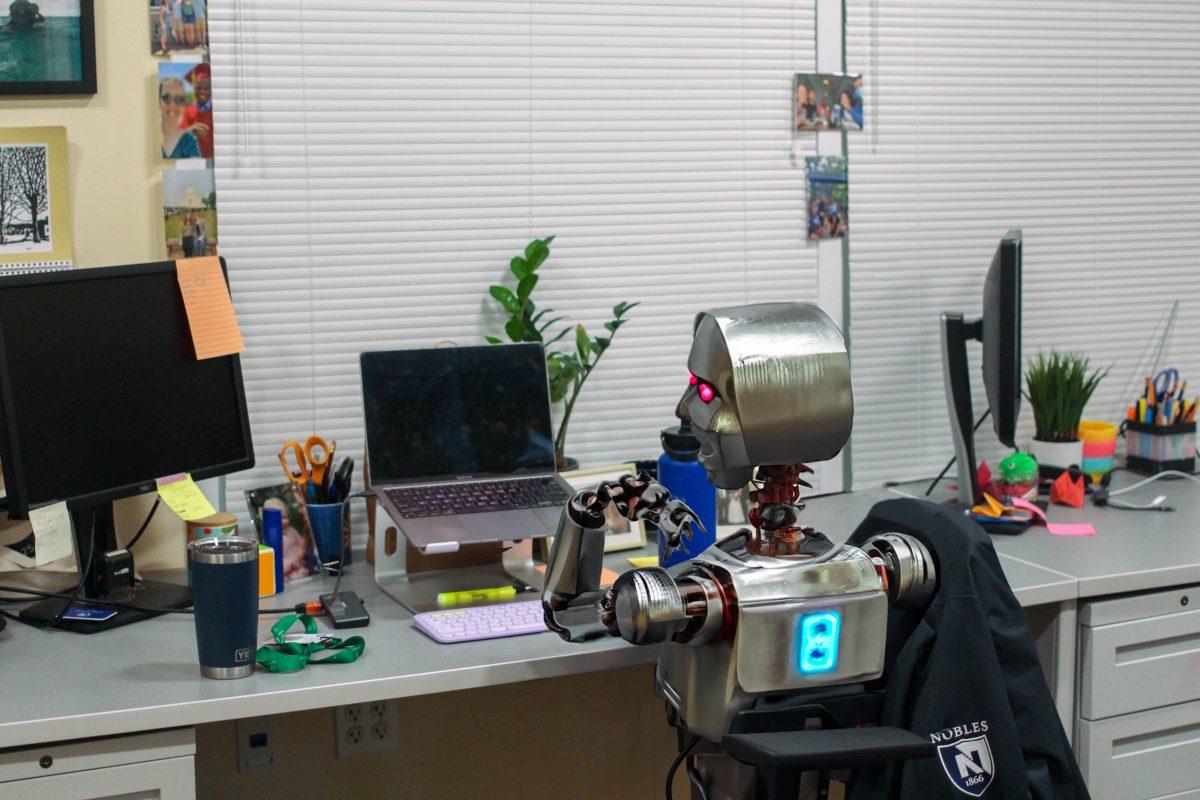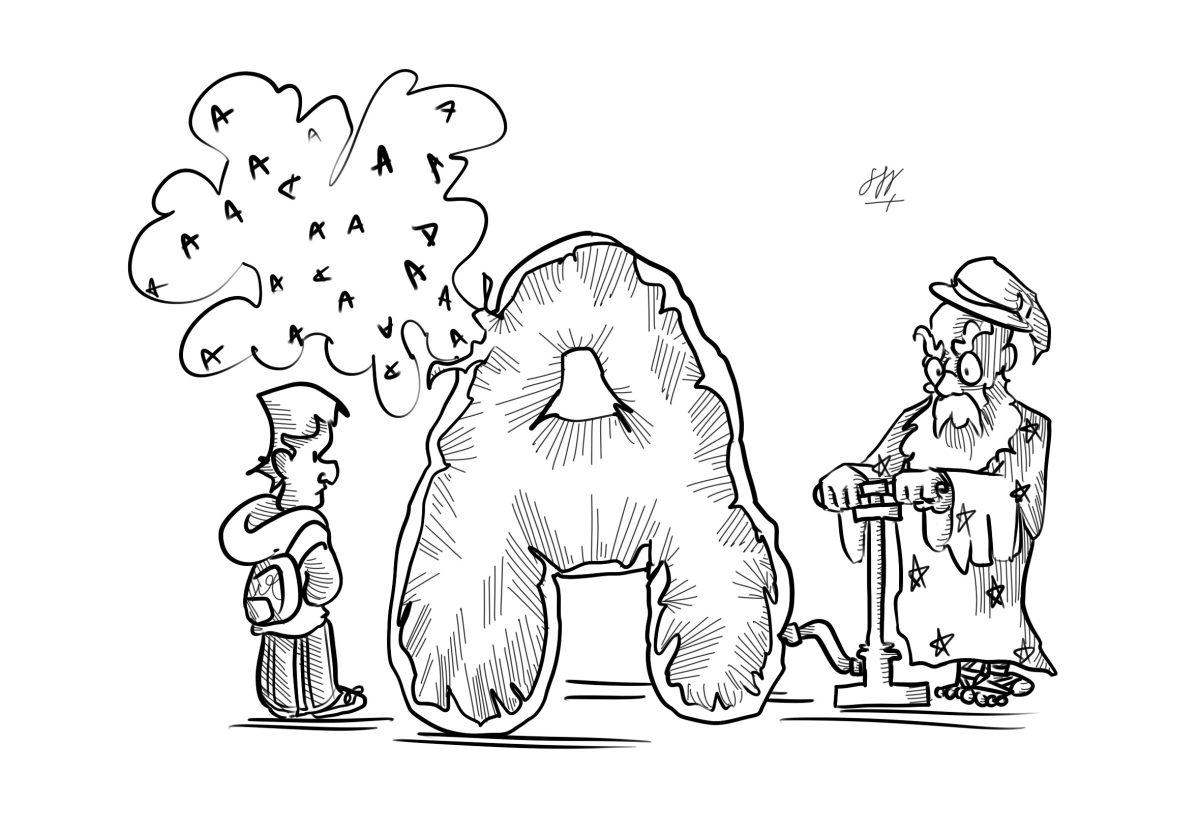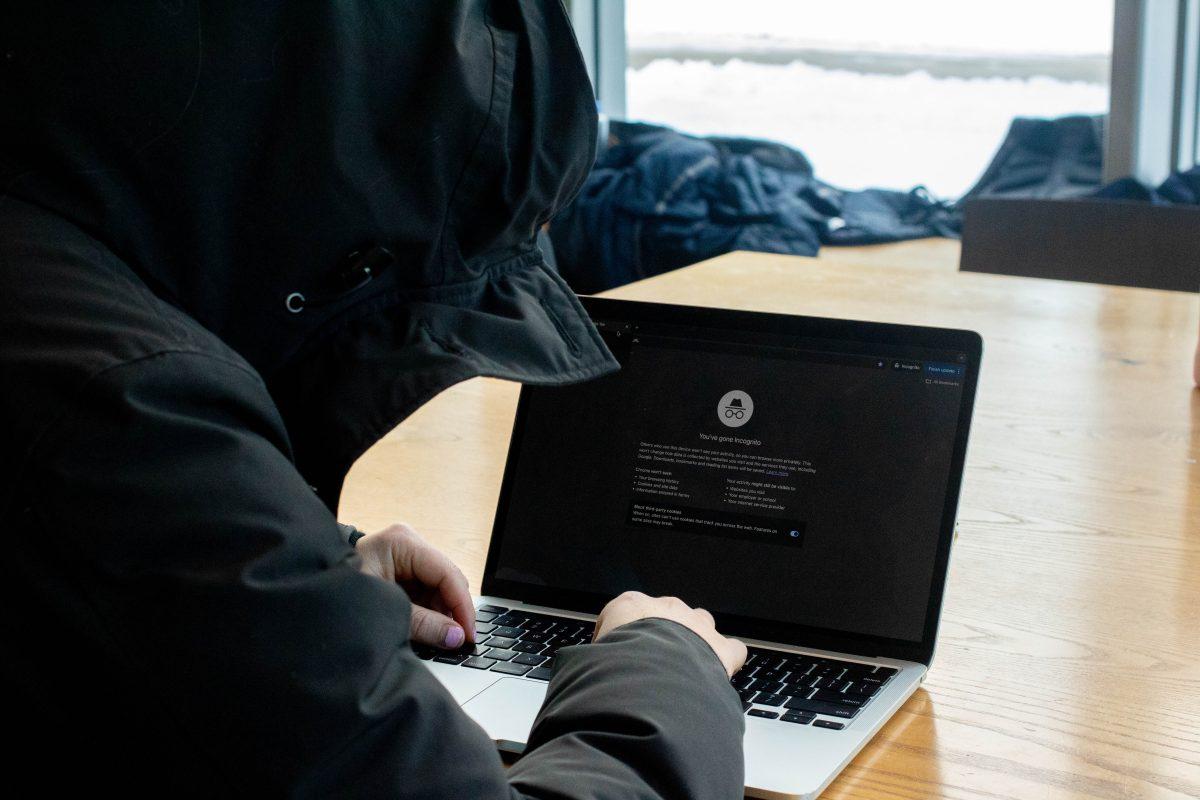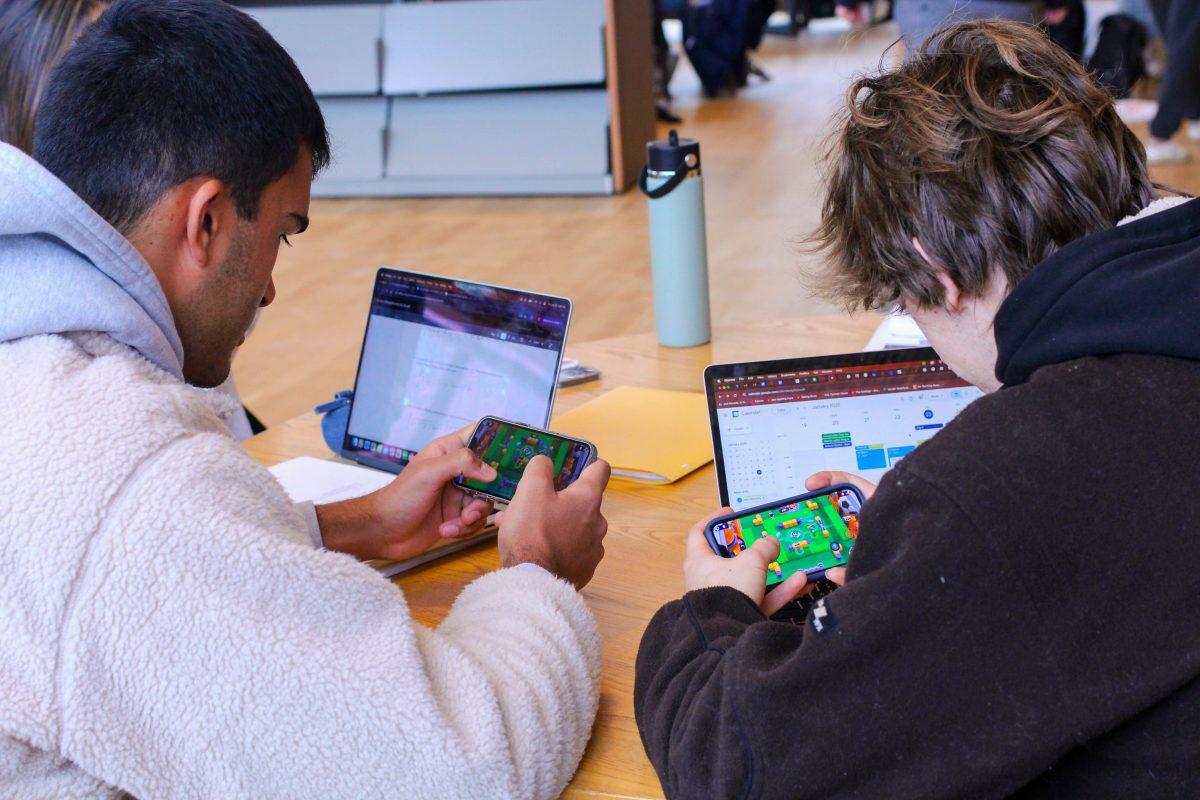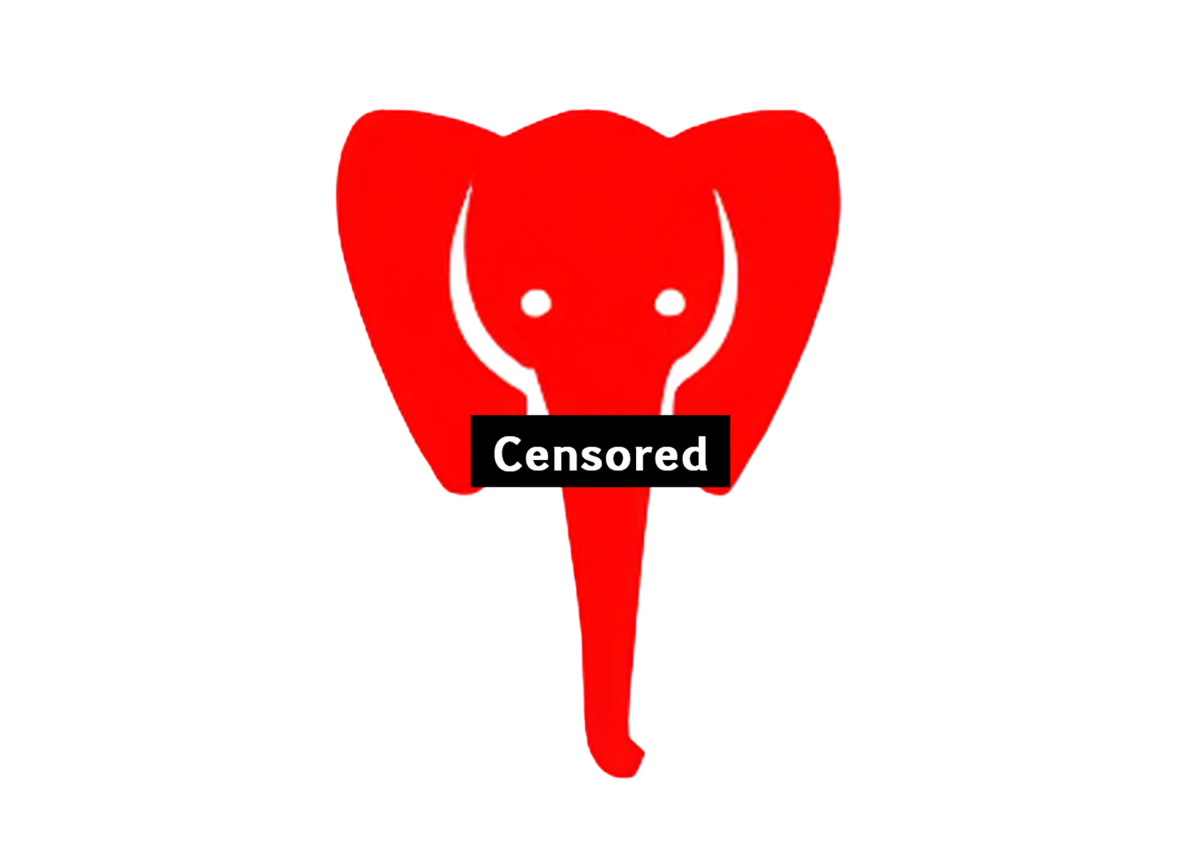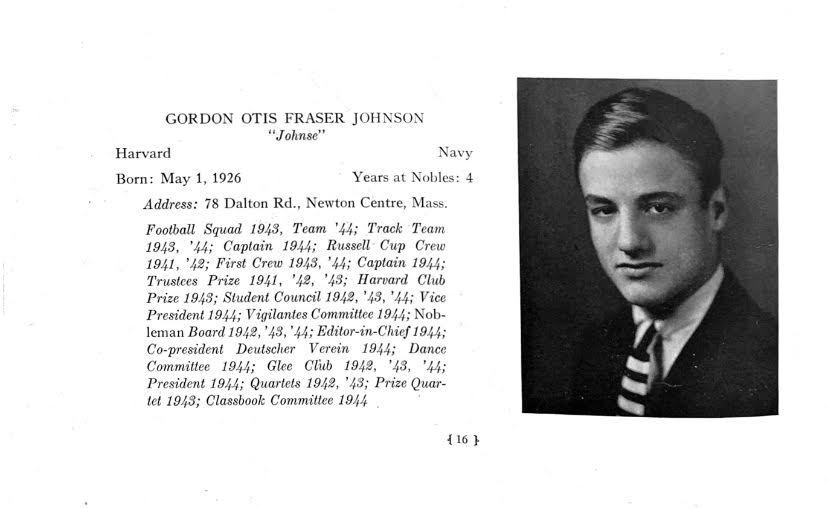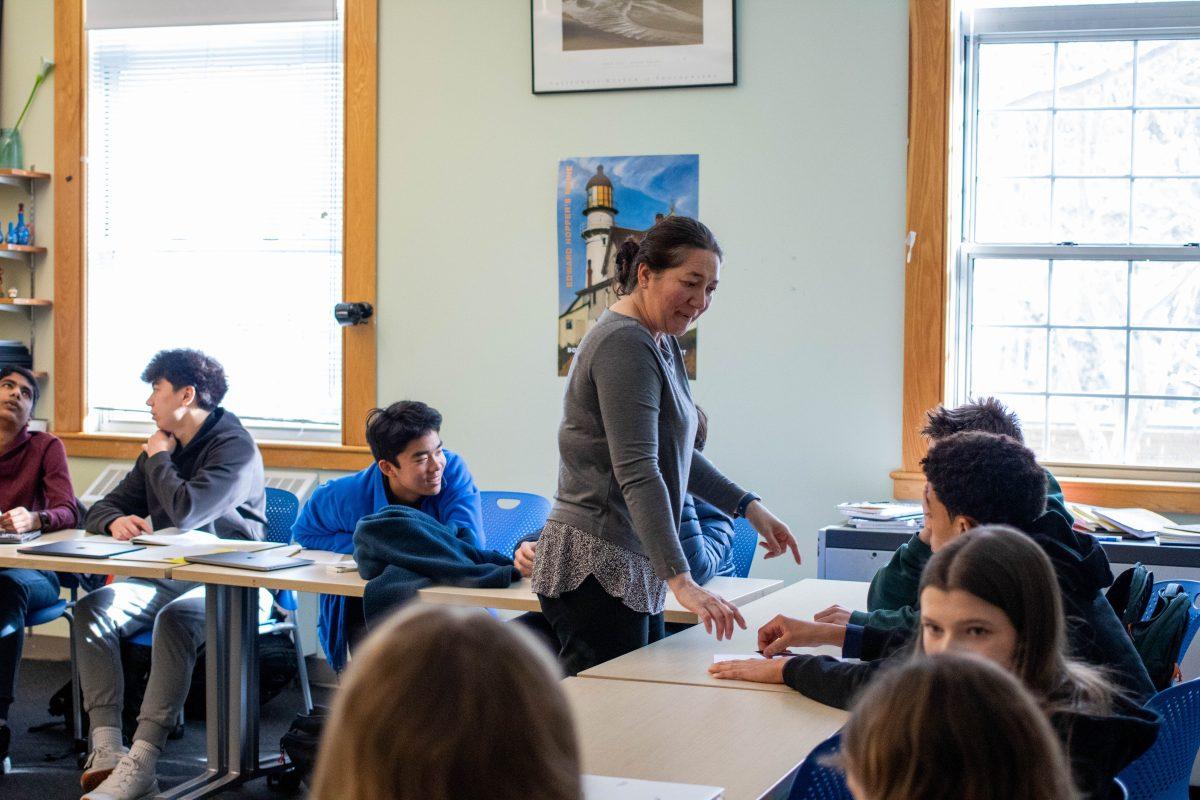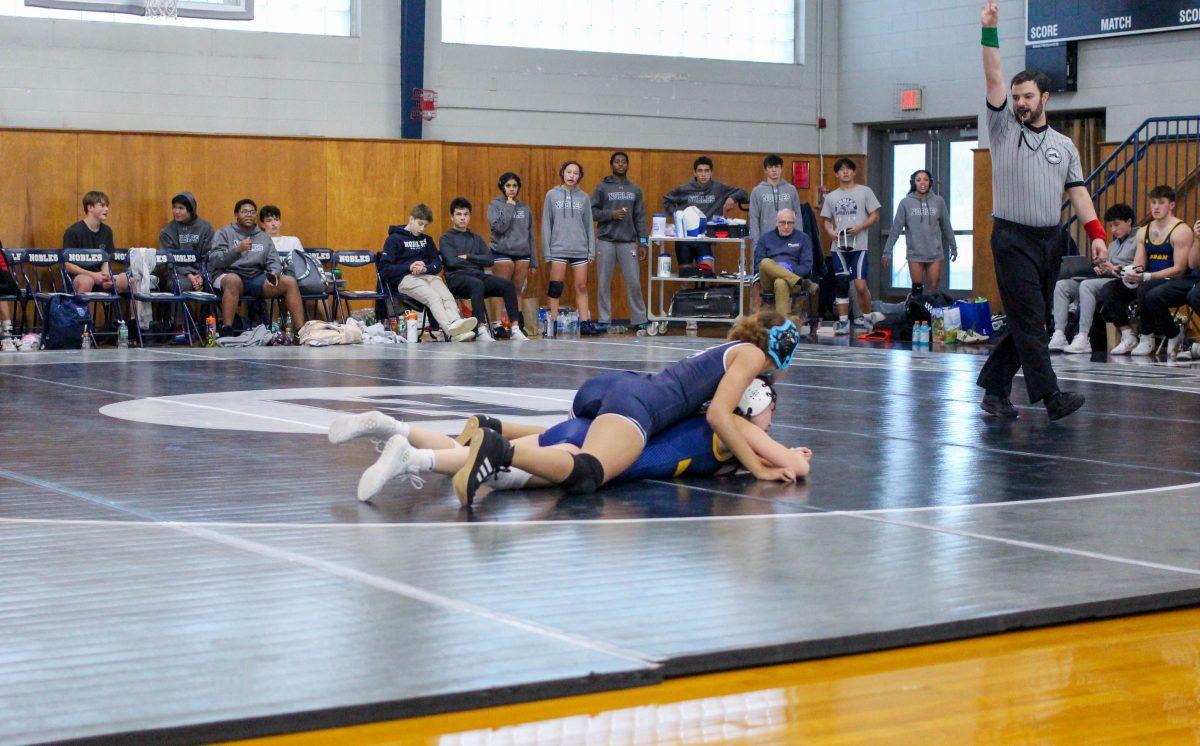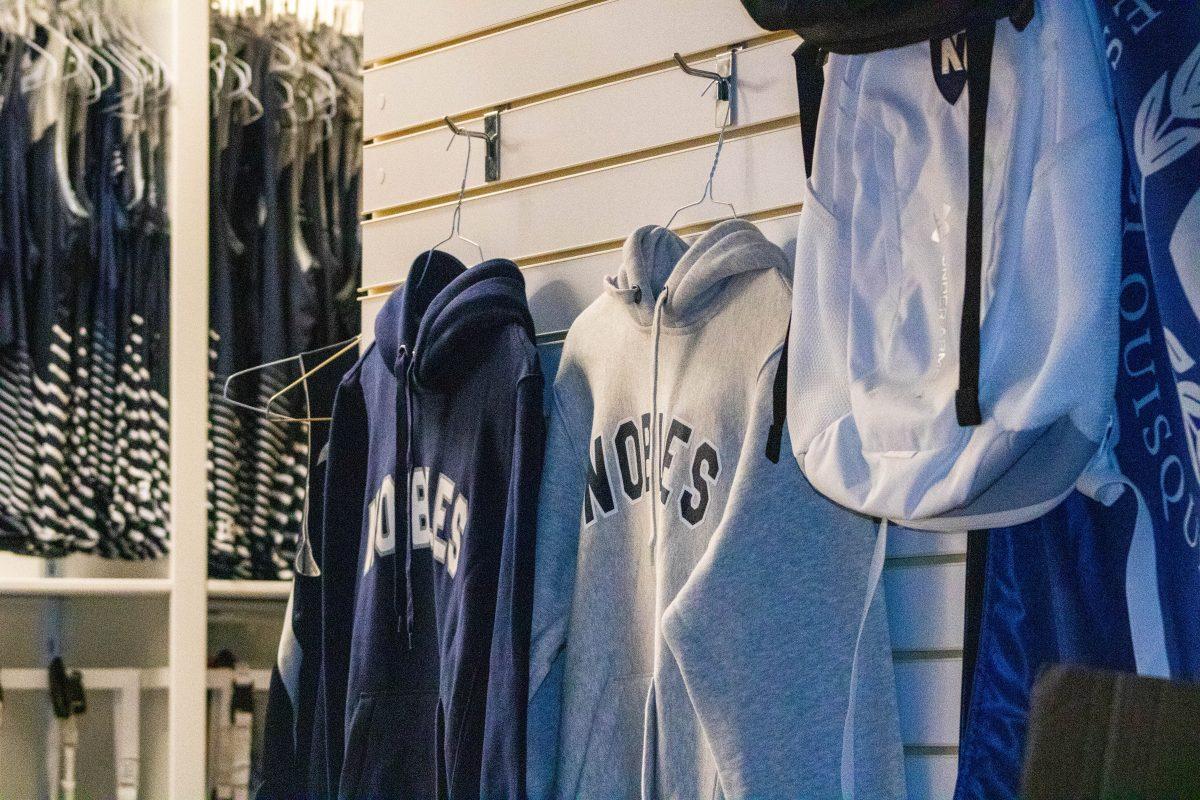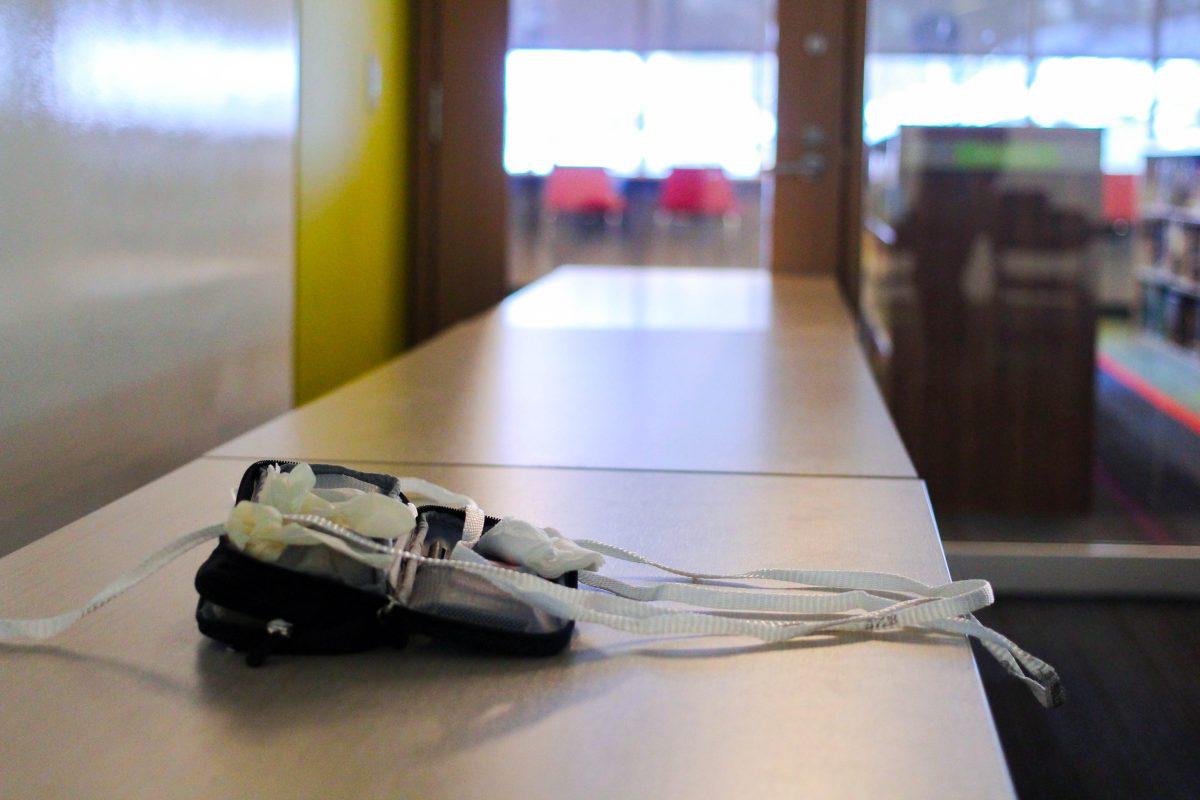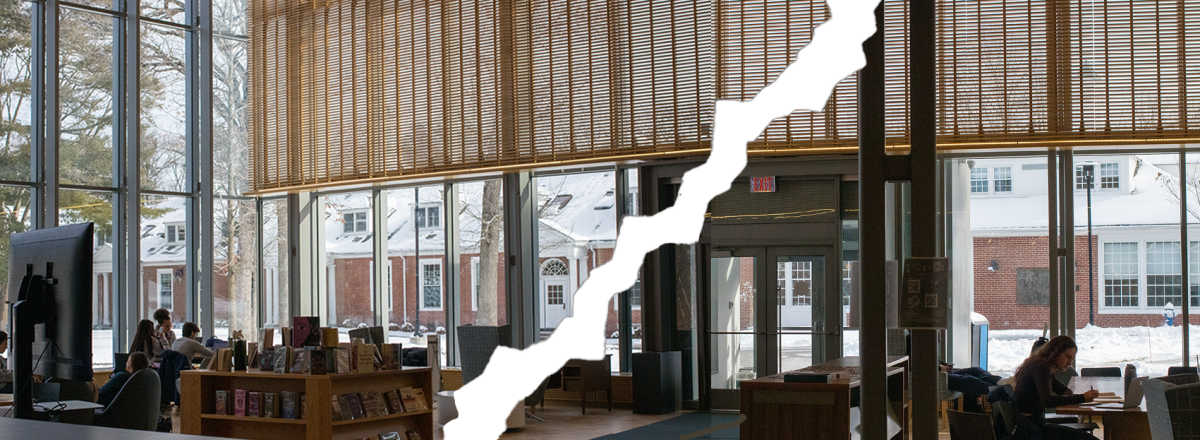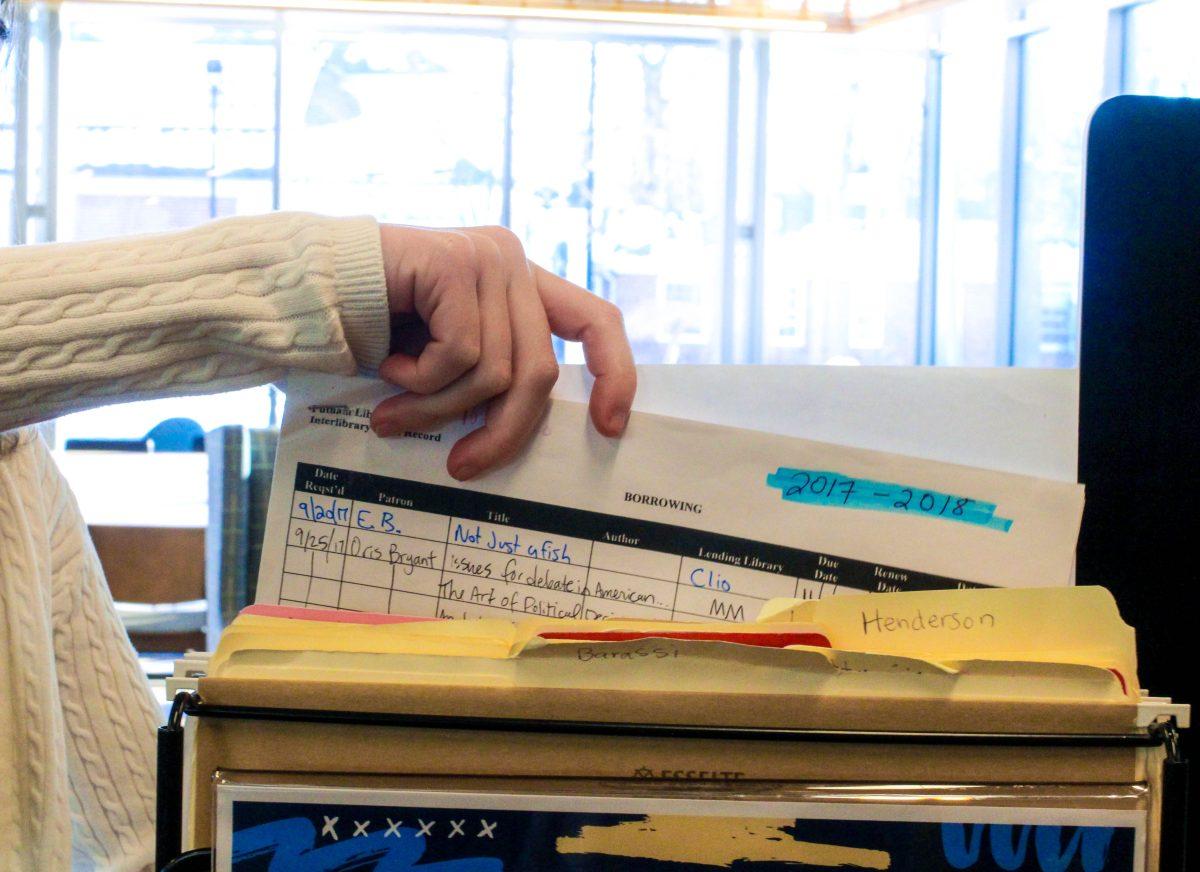In the wake of the 2020 killing of George Floyd, academic and corporate America pledged their renewed commitments to diversity, equity, and inclusion (DEI). However, those commitments have come under recent scrutiny from prominent public figures like Elon Musk, Bill Ackman, and President Donald Trump. Major companies, including Walmart, Lowe’s, Ford, Toyota, Nissan, McDonald’s, Amazon, American Airlines, and Meta have all recently dialed back their diversity programs, while Utah, Alabama, and Iowa just joined Florida and Texas in banning DEI offices in their public universities. Furthermore, the Trump administration has vowed to eliminate federally funded diversity programs.
Anti-DEI campaigns and changes are sparking fear for the future of diversity and inclusion among some communities. “The pushback against DEI is scary. It scares me because it pits people against each other and devalues diversity,” Chief Equity Officer Edgar De Leon said. When asked what he thought was driving these rollbacks, De Leon said, “I think there is coded racism, along with other isms, that are pushing against DEI because of the idea that a specific person isn’t qualified to be in a certain space.” DEI is, however, important to the Nobles community, and many would argue that it fosters stronger relationships.
“The pushback against DEI is scary. It scares me because it pits people against each
other and devalues diversity.”
Proponents of DEI posit that it promotes community connection and belonging, both essential aspects of the Nobles experience. Some Nobles’ DEI initiatives include affinity groups, clubs, and community events. Increased awareness of one’s own identity and the identity of others is another aspiration of DEI. De Leon said, “DEI, at its core, is relationship-building: the ability to reflect on who you are and the ability to give space for others to understand who they are.” Having an emphasis on DEI encourages students to learn about different stories and perspectives: “I think that DEI makes people more mindful because if you get to know a more diverse group of people, you’re better able to recognize their own experiences,” Mairin Swords (Class III) said. This perceived benefit of DEI contributes to students’ positive experiences at Nobles.
Much of the incorporation of DEI at Nobles has been met with appreciation from students, especially the presence of designated spaces where people with a shared identity can connect and relate to one another. “The most successful DEI initiative at Nobles has always been affinity spaces,” De Leon said. The importance of having spaces where students can embrace their identities is underscored throughout the community. Bella Kong (Class II) said, “I am the leader of the Asian Culture Club and I am so happy I get to just celebrate Asian culture.” However, this positive opinion is not the only sentiment on campus. “Affinity groups could be construed as modern-day segregation. Sure, people share cultural factors, but I don’t think it’s entirely necessary for people to align themselves based on how they look,” Nayan Seetharam (Class II) said.
Similar controversy among the student body also exists regarding how inclusive the DEI program actually is. Seetharam said, “I think that the DEI department does a good job of representing all kinds of diversity.” Other students echoed this sentiment: “I think Nobles is very diverse and I’m really glad about that,” Kong said. Conversely, some students think that there are additional facets of one’s identity that need more attention. “I think there’s always room for growth and there’s always going to be people that could still be represented better,” Lauren Peloquin (Class III) said. “Socioeconomic status is something that has really been underlying here at Nobles and should be talked about more.” These mixed feelings about DEI among students reflect the national debate.
A common view from critics is that DEI encourages censorship and feeds into cancel culture, a form of public shaming where individuals or groups face backlash and social consequences for statements deemed offensive or problematic. Students feel like it can be difficult to express their opinions for fear of being “canceled” due to Nobles’ heavy emphasis on DEI. Mateo Cosentino (Class II) said, “I think that people are nervous about saying the wrong thing. The community is too fragile and you don’t want to say anything that could be considered controversial.” This sentiment is echoed throughout the student body. Swords said, “I think it’s easy to talk about the pros of DEI, but it’s more controversial to talk about what could be better especially since we’re in a progressive environment.” Even talking about censorship and cancel culture may pose a challenge. “I don’t know where the idea that certain DEI initiatives encourage censorship comes from,” De Leon said. According to De Leon, a lack of cultural empathy leads to misunderstanding, and promoting empathy is the goal of DEI initiatives.
“I think that people are nervous about saying the wrong thing. The community is too fragile and
you don’t want to say anything that
could be considered controversial.”
While the future of DEI nationally remains uncertain, its current position within the Nobles community seems solidified. “I think that high schools will be the next frontier in the discussion about rolling back DEI. It’s upon institutions like ours to talk about the importance of having DEI,” De Leon said. “If we are going to live up to our mission statement, DEI needs to be part of Nobles.” The necessity of holding onto diversity and inclusion within the Nobles community also becomes apparent when talking to students: “I think that DEI is definitely important and the fact that we have a new president shouldn’t take that away,” Swords said.
“I think that high schools will be the next frontier in the discussion about rolling back DEI. It’s upon institutions like ours to talk about the importance of having DEI.”

